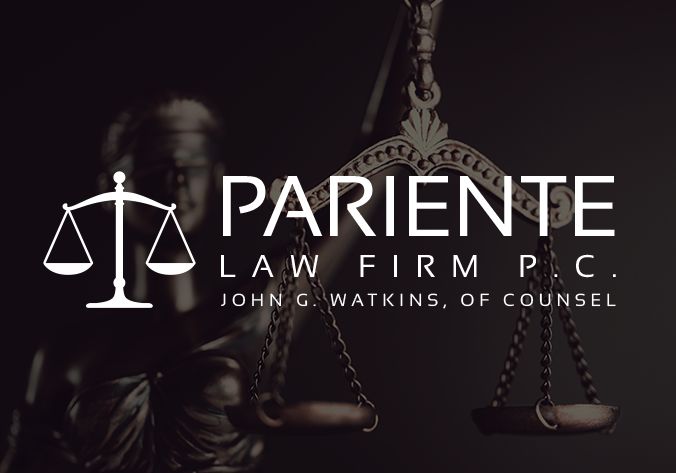Drug charges in Nevada can be complicated. An alleged criminal drug charge will depend on what you have, how much of it there was and more. The most serious of these charges in the state of Nevada is for drug trafficking in a controlled substance, which can result in harsh penalties and have a lasting negative effect on your future.
Understanding Controlled Substances and Drug Schedules in Nevada
A controlled substance is a drug that has been classified on a federal and/or state level as a substance that the government controls the distribution and usage of. Controlled substances include drugs which are always illegal to have in your possession (such as harmful street drugs like heroin or cocaine) or are illegal to have in your possession without a valid, current prescription (such as Adderall or OxyContin). Drugs that have been classified as controlled substances are further broken up into “schedules”, which are different levels that indicate their potential for abuse or existing purpose as a medical treatment.
These schedules were developed and are maintained by the FDA, DEA and Congress, although Nevada has reclassified certain drugs on a state level. The Nevada schedule of drugs range from I to V in the following way:
● Schedule I Controlled Substance – Schedule I substance are drugs that have the most potential to be abused and result in addiction. They also have no proven medical purpose. Examples of Schedule I drugs include Heroin, Ecstasy, Marijuana, PCP, and LSD. NRS 453.510
● Schedule II Controlled Substance – Drugs categorized as Schedule II still have a strong potential abuse concern, but are also drugs that have been accepted as successful medical treatment options under some restrictions. Examples include Cocaine, Adderall, OxyContin, Meth, and Ritalin. NRS 453.520
● Schedule III Controlled Substance – Schedule III drugs have less potential for abuse that I or II, and are also common and accepted as medical treatment options – however, they are also recognized as having the potential to cause moderate physical dependency or high psychological dependence. Examples are Vicodin/Hydrocodone, Amphetamines, Anabolic steroids, Testosterone, and Codeine. NRS 453.530
● Schedule IV Controlled Substance – These drugs have a low potential for causing addiction or abuse, and are commonly used in medical treatment. Examples of Schedule IV drugs are Valium, Xanax, and Ambien. NRS 453.540
● Schedule V Controlled Substance – Schedule V drugs have a very low potential for abuse and are very common as medical treatment. Examples in this category include cough suppressants or pain relievers that contain low levels of codeine. NRS 453.550
Key Differences: Drug Possession vs. Trafficking in Nevada
There are a few different kinds of drug possession under Nevada law:
● Actual Possession – Having the drug in question on your person at the time of arrest.
● Constructive Possession – Having knowledge of the location of the drug in question with intention to access it at some point.
● Joint Possession – Sharing possession of the drug in question with another person by handing it to them to hold makes both people involved in joint possession of the drug.
The possible penalties for a charge of drug possession vary based on the schedule of the drug, the amount and any prior drug convictions.
Drug Trafficking in Las Vegas: Local Insights and Resources
Las Vegas, famed for its nightlife and entertainment, also grapples with serious challenges related to drug trafficking. The city's status as a major tourist hub often amplifies these issues, drawing heightened attention from law enforcement. For residents and visitors, the complexities of drug laws can be overwhelming, particularly when facing trafficking charges.
Local agencies, including the Clark County Government and the City of Las Vegas, actively combat drug-related crimes through resources such as educational initiatives and rehabilitation programs. While these efforts aim to address the impact of drug trafficking, individuals facing charges often find the legal system intimidating. The penalties for trafficking offenses can severely affect one's future, making it critical to understand your rights and responsibilities under Nevada law.
People accused of drug trafficking may deal with fears of legal consequences, the stigma tied to such charges, and long-term effects on employment or personal relationships. Understanding the nuances of local laws can make a significant difference in building a strong defense.
At Pariente Law Firm, we are dedicated to providing skilled legal support to individuals in Las Vegas dealing with drug trafficking allegations. Our team understands the unique hurdles faced by locals and tourists alike and works diligently to safeguard your rights. Whether you've been charged or are concerned about the implications of such accusations, we are here to guide you through every step of the legal process. Contact us to learn how we can help protect your future with an informed and proactive defense.





